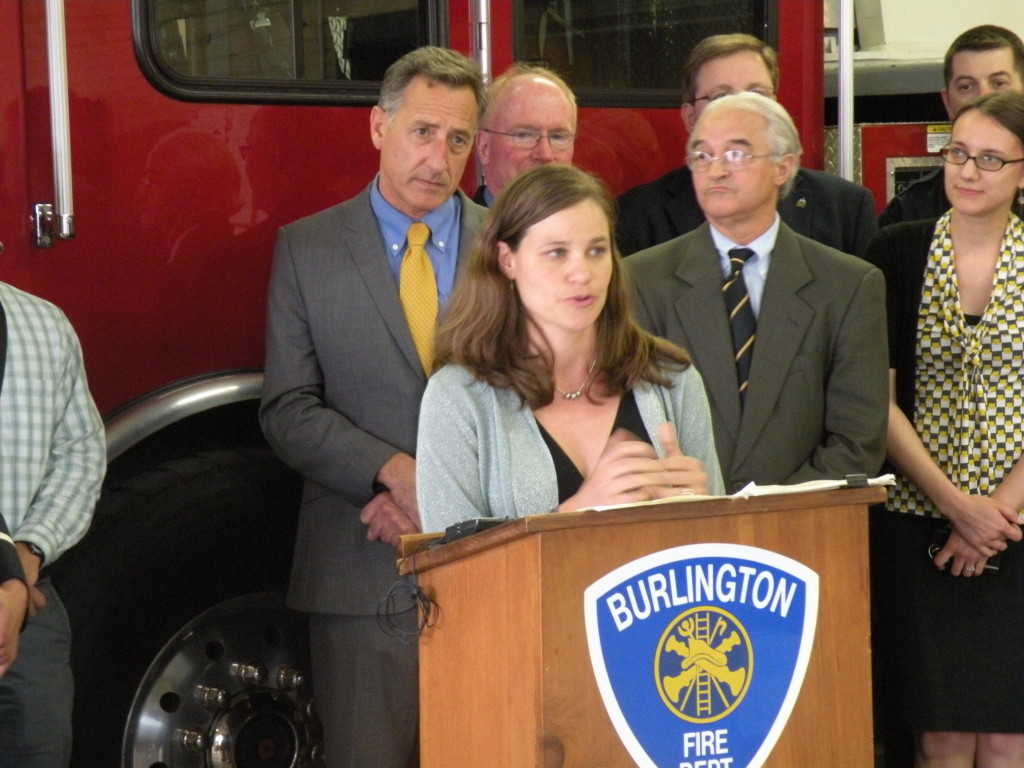Protection from Untested Toxic Threats
Every day, Vermonters are exposed daily to toxic chemicals because the federal government doesn’t require chemicals to be tested before they end up in the everyday products in your home. Meanwhile, rates of health problems linked to chemical exposure—including cancer, infertility, asthma, learning disabilities — are all on the rise.
In the absence of federal action, VPIRG has pressed for—and won—state-level bans on individual toxic chemicals including lead, mercury, phthalates, BPA, and flame retardants. But with over 80,000 chemicals registered for commercial use in this country, too many toxic threats are still finding their way in.
That’s why VPIRG is pressing for a law that would protect Vermont families by implementing broader, more proactive toxic chemical approach that’s worked so well in Maine, Washington and California.
Moving Toward a Zero-Waste Future
As the state works to implement Universal Recycling legislation passed in 2012 that mandates recycling, composting, and more, VPIRG will be pushing the state to stay on a path toward Zero Waste. This will mean ensuring that the Agency of Natural Resources has the resources it will take to roll out this ambitious Universal Recycling program. It will also mean supporting Extended Producer Responsibility (EPR) programs that make manufacturers responsible for ensuring their products are collected and recycled.
Updating and Expanding the Bottle Bill
It’s not right that, unlike most of the other states with a Bottle Bill, our state gives up the $2 million in unclaimed bottle deposits. That’s a serious chunk of change, and VPIRG believes it’s time to get that money back for programs benefiting Vermonters, not beverage industry execs.
In addition, VPIRG is pressing lawmakers to expand Vermont’s successful Bottle Bill to cover beverages that didn’t exist when the program first started, like sports drinks, water, and juices. This simple move mean big benefits—from cutting greenhouse gas emissions, to creating local jobs and saving up to 100 million more bottles and cans from ending up as roadside litter or landfill trash.
Did you know that most of the glass recycled in your standard blue bin ends up mostly used as filler (like in roadbed material) because it’s too contaminated to be truly recycled? Fortunately, the high-quality glass recycled through the Bottle Bill can be turned into back new bottles and jars.

